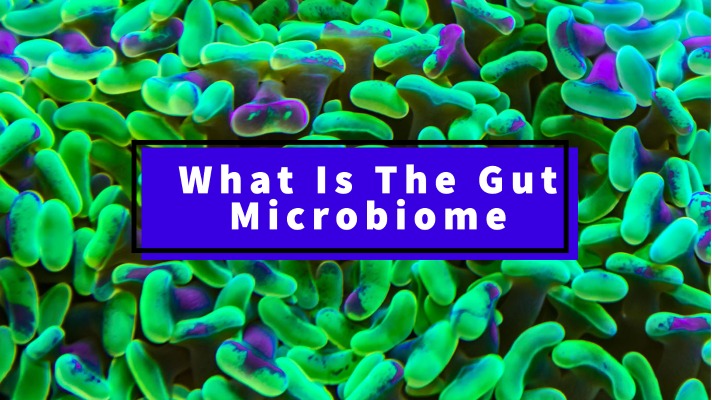The Gut Microbiome, often the subject of everything from cancer research news to greek yogurt commercials, is the trillions upon trillions of non-human microorganisms – bacteria, fungi, and even viruses that live inside your digestive tract at any given time.
Is this a bad thing?
Don’t worry, these microorganisms are not dangerous or even bad for you, actually, when healthy, these microorganisms can help boost your immune system, break down toxic food compounds, and help process essential vitamins and amino acids in your digestive system. There is emerging evidence that having a healthy gut microbiome can improve the efficacy of certain cancer treatments, and help prevent the development of certain chronic diseases.
A Short Glossary
Before we dive deeper, here’s a short glossary of the commonly used terms you might encounter in discussions of the gut microbiome.
Microbiota: The collective community of organisms or microbes
Microbiome: Used to reference the genes of all the microbes living in an environment. The gut microbiome refers to the microbes living in the intestinal tract.
Probiotics: Live microorganisms that provide a health benefit to the host when given in an sufficient amount.
Bacteria: Single celled live microscopic organisms commonly shaped like a rod, sphere, spiral or comma. They can be good or bad.
How does the Gut Microbiome develop?
Research indicates that our gut microbiomes start developing whilst we were still in the womb, with your mom’s diet possibly influencing the microbial diversity of your gut. Other factors that may affect our gut microbiome include the method of delivery, whether you were born via Caesarean or vaginally, if you were breastfed, genetics, external environment, medication usage and diet.
Probiotics and the Gut Microbiome?
Probiotics, a now billion-dollar industry, are live bacteria supplements that can aid in digestion, cramps, and even overall health. However, most doctors agree that unless an adult is suffering from an intestinal disruption, such as diarrhea or from antibiotic consumption, it is unclear how much of a difference a probiotic supplement will make in improving overall health for a healthy person. Since probiotics are not regulated by the FDA, claims made my manufacturers do not need to be backed up by robust clinical evidence.
How do I boost the health of my Gut Microbiome?
While there is plenty of research that proves how important the health of your gut microbiome is, there is less clarity on how to boost microbiome health as we still do not know what constitutes a healthy gut. Though indicators such as normal stool habits, your body’s ability to fight off infections and proper absorption of nutrients, can be used as evidence that your gut is functioning well. Although there isn’t a clear understanding of the composition of a healthy microbiome, the best evidence currently available for improving your gut health is increasing your microbial diversity.
Doctors state that an overall shift in diet, one that is rich in dietary fiber made up of fruits, vegetables, and fiber-rich beans and starches, can go a long way in ensuring the diversity of your gut microbiome as well as benefiting your overall health. Just be sure to avoid loading up on the fiber too fast, as that could cause some digestive discomfort. Other steps that promote better gut health include getting adequate sleep, managing stress and exercising




